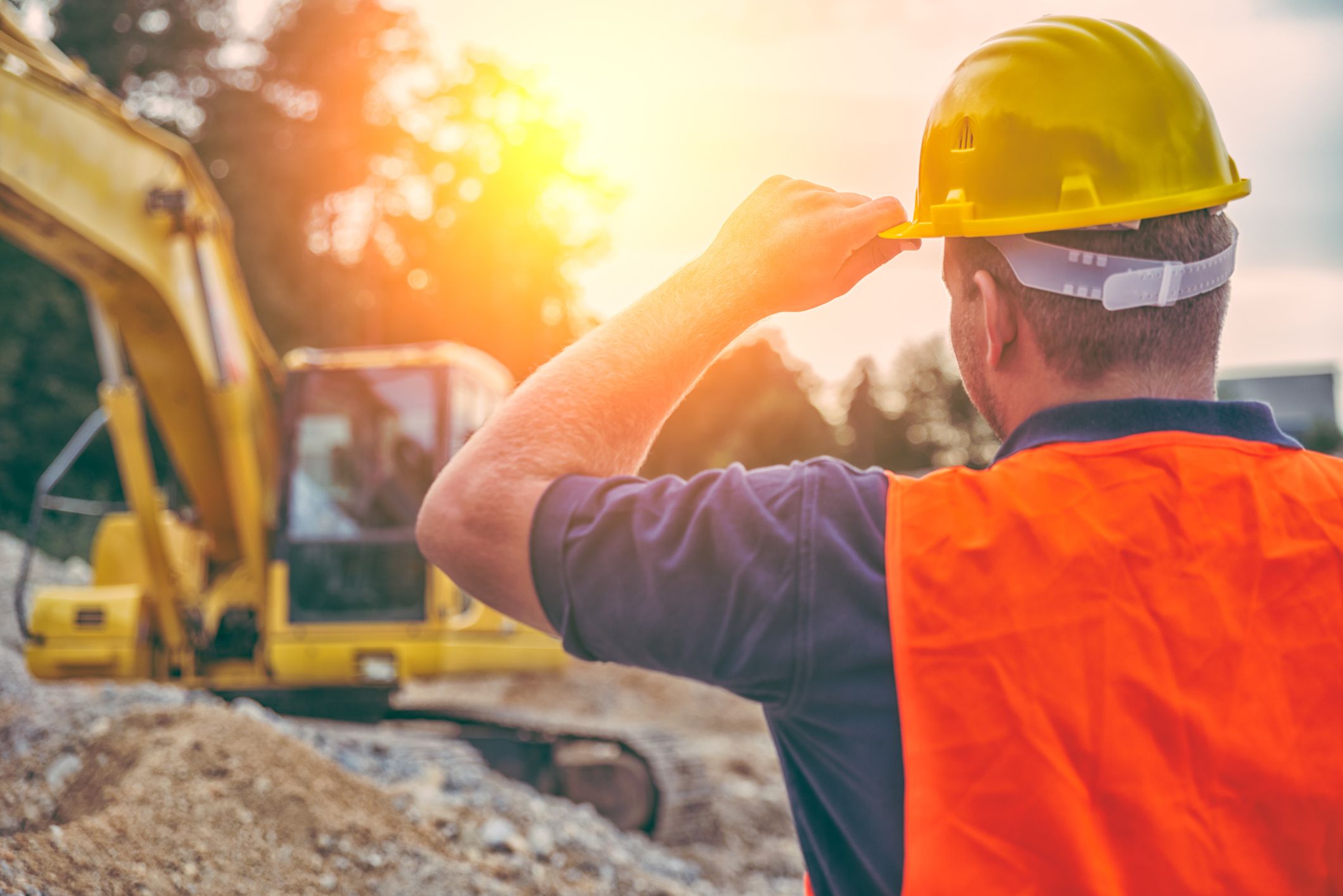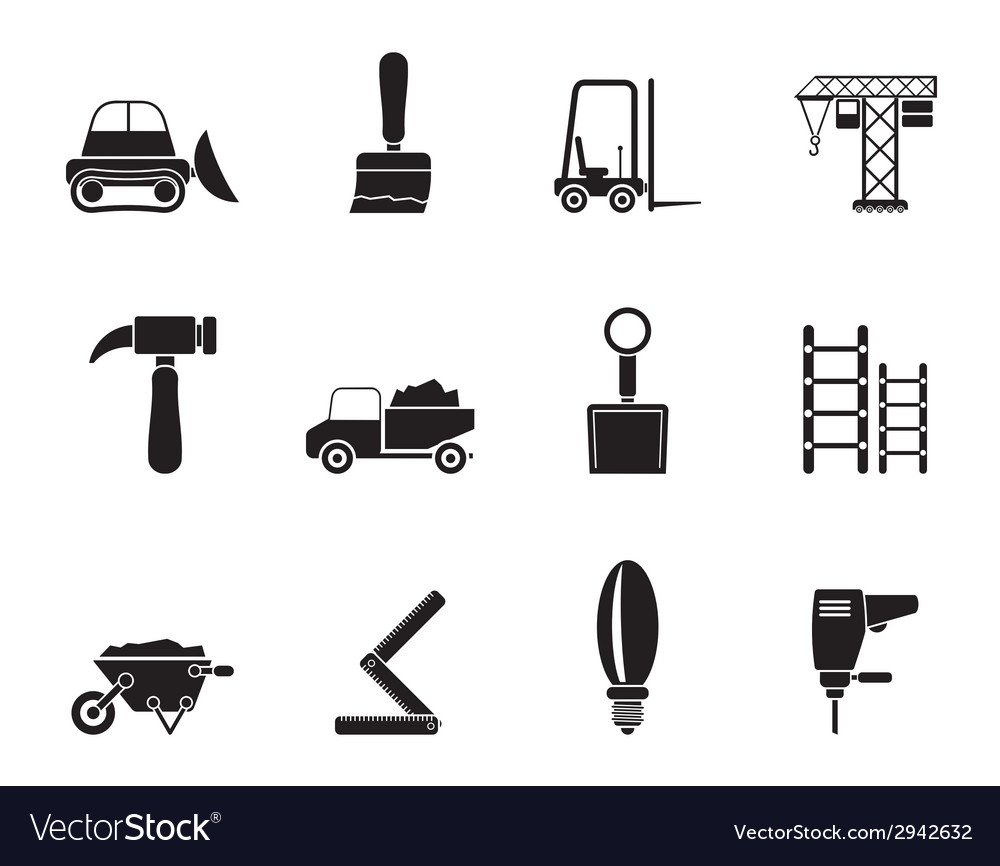Construction Equipment Rentals in Tuscaloosa, AL: Every Little Thing You Required for Your Job Website
Construction Equipment Rentals in Tuscaloosa, AL: Every Little Thing You Required for Your Job Website
Blog Article
Discovering the Financial Benefits of Renting Construction Devices Compared to Owning It Long-Term
The decision in between renting and having building and construction tools is critical for economic monitoring in the market. Renting out offers instant expense financial savings and functional adaptability, enabling companies to assign resources extra efficiently. In contrast, ownership includes considerable long-term financial dedications, including upkeep and devaluation. As specialists weigh these choices, the influence on capital, project timelines, and innovation accessibility ends up being significantly substantial. Recognizing these nuances is important, specifically when considering exactly how they line up with details project needs and financial approaches. What elements should be focused on to guarantee ideal decision-making in this complicated landscape?

Expense Contrast: Renting Out Vs. Having
When examining the monetary ramifications of owning versus leasing building and construction devices, a comprehensive expense comparison is essential for making informed choices. The choice between renting out and owning can substantially influence a company's profits, and understanding the associated expenses is crucial.
Renting out building devices typically entails lower ahead of time prices, allowing companies to assign capital to various other operational demands. Rental expenses can build up over time, possibly going beyond the expenditure of ownership if tools is required for a prolonged duration.
Conversely, possessing building tools requires a substantial first financial investment, in addition to ongoing prices such as insurance policy, devaluation, and funding. While ownership can result in long-lasting financial savings, it also connects up funding and may not supply the exact same degree of adaptability as leasing. In addition, possessing devices requires a dedication to its utilization, which might not constantly straighten with task needs.
Inevitably, the choice to rent out or possess needs to be based upon a comprehensive evaluation of specific project needs, financial capacity, and long-term tactical goals.

Upkeep Duties and expenditures
The option in between having and leasing building and construction tools not just includes monetary factors to consider however likewise includes ongoing maintenance expenses and responsibilities. Owning equipment requires a significant commitment to its upkeep, that includes regular assessments, repair work, and possible upgrades. These obligations can rapidly build up, resulting in unanticipated expenses that can strain a budget plan.
On the other hand, when renting out devices, upkeep is usually the duty of the rental company. This arrangement permits professionals to prevent the economic burden related to deterioration, as well as the logistical difficulties of scheduling repair work. Rental contracts typically include stipulations for maintenance, meaning that contractors can focus on completing tasks instead of fretting about tools condition.
Additionally, the varied array of devices available for lease allows companies to choose the most recent models with innovative modern technology, which can enhance effectiveness and efficiency - scissor lift rental in Tuscaloosa, AL. By choosing leasings, companies can stay clear of the long-lasting obligation of equipment depreciation and the connected maintenance migraines. Eventually, reviewing maintenance expenses and duties is essential for making an educated choice regarding whether to possess or rent out building and construction devices, significantly affecting general task prices and operational effectiveness

Depreciation Influence On Possession

A significant element to consider in the choice to own construction equipment is the effect of devaluation on overall ownership costs. Depreciation stands for the decline in value of the devices with time, influenced by variables such as usage, wear and tear, and improvements in modern technology. As devices ages, its market price decreases, which can significantly influence the owner's monetary placement when it comes time to offer or trade the equipment.
For building and construction companies, this depreciation can equate to substantial losses if the tools is not utilized to its fullest potential or if it lapses. Proprietors need to represent devaluation in their economic estimates, which can lead to higher overall costs contrasted to leasing. Additionally, the tax effects of devaluation can be intricate; while it may supply some tax obligation advantages, these are commonly balanced out by the fact of decreased resale worth.
Inevitably, the problem of depreciation stresses the value of comprehending the lasting financial dedication entailed in having building tools. Business should very carefully review just how commonly they will certainly utilize the devices and the potential economic effect of depreciation to make an enlightened decision concerning ownership versus leasing.
Monetary Adaptability of Renting Out
Renting building and construction equipment supplies significant financial adaptability, allowing companies to designate resources much more successfully. This flexibility is especially important in an industry identified by varying task needs and differing work. By opting to lease, companies can stay clear of the substantial funding investment needed for buying equipment, protecting capital for various other functional requirements.
Additionally, renting out equipment makes it possible for firms to customize their devices options to details project requirements without the lasting commitment related to ownership. This implies that businesses can easily scale their equipment supply up or down based upon current and awaited project needs. Consequently, this versatility decreases the risk of over-investment in equipment that might end up being underutilized or outdated gradually.
Another financial benefit of leasing is the potential for tax obligation benefits. Rental settlements are usually considered business expenses, enabling prompt tax reductions, unlike depreciation on owned and operated equipment, which is topped several years. scissor lift rental in Tuscaloosa, AL. This instant expense acknowledgment can further enhance a firm's money position
Long-Term Job Considerations
When assessing the long-lasting requirements of a building and construction company, the choice between renting and owning tools ends up being a lot more complicated. For projects with prolonged timelines, acquiring tools might seem useful due to the possibility for lower overall prices.
Furthermore, technical innovations pose a substantial factor to consider. The building and construction market is advancing rapidly, with brand-new equipment offering enhanced performance and security functions. Renting permits firms to access the most current technology without committing to the high ahead of time prices related to investing in. This flexibility is particularly useful for organizations that deal with diverse jobs requiring different kinds of devices.
Moreover, economic stability plays a crucial role. Having tools usually requires considerable funding financial investment and devaluation problems, while leasing permits even more predictable budgeting and money circulation. Eventually, the option between having and renting out needs to be aligned with the critical objectives of the construction business, considering both present and expected project needs.
Final Thought
In conclusion, leasing building and construction equipment provides substantial monetary benefits over long-term ownership. Ultimately, the decision to rent out instead than very own aligns with the vibrant nature of building and construction projects, enabling for versatility and accessibility to the most current tools without the financial worries associated with ownership.
As devices ages, its market worth reduces, which can considerably influence the proprietor's economic position when it comes time to sell or trade the equipment.
Leasing building tools supplies substantial financial flexibility, permitting companies to allocate sources a lot more efficiently.In addition, leasing tools allows business to customize their devices options to certain job demands without the long-term dedication connected with ownership.In final thought, renting construction tools uses considerable monetary advantages over lasting ownership. Inevitably, the choice to rent instead than own aligns with the dynamic nature of construction jobs, enabling for flexibility and access AL to the most recent tools without the monetary burdens connected with possession.
Report this page